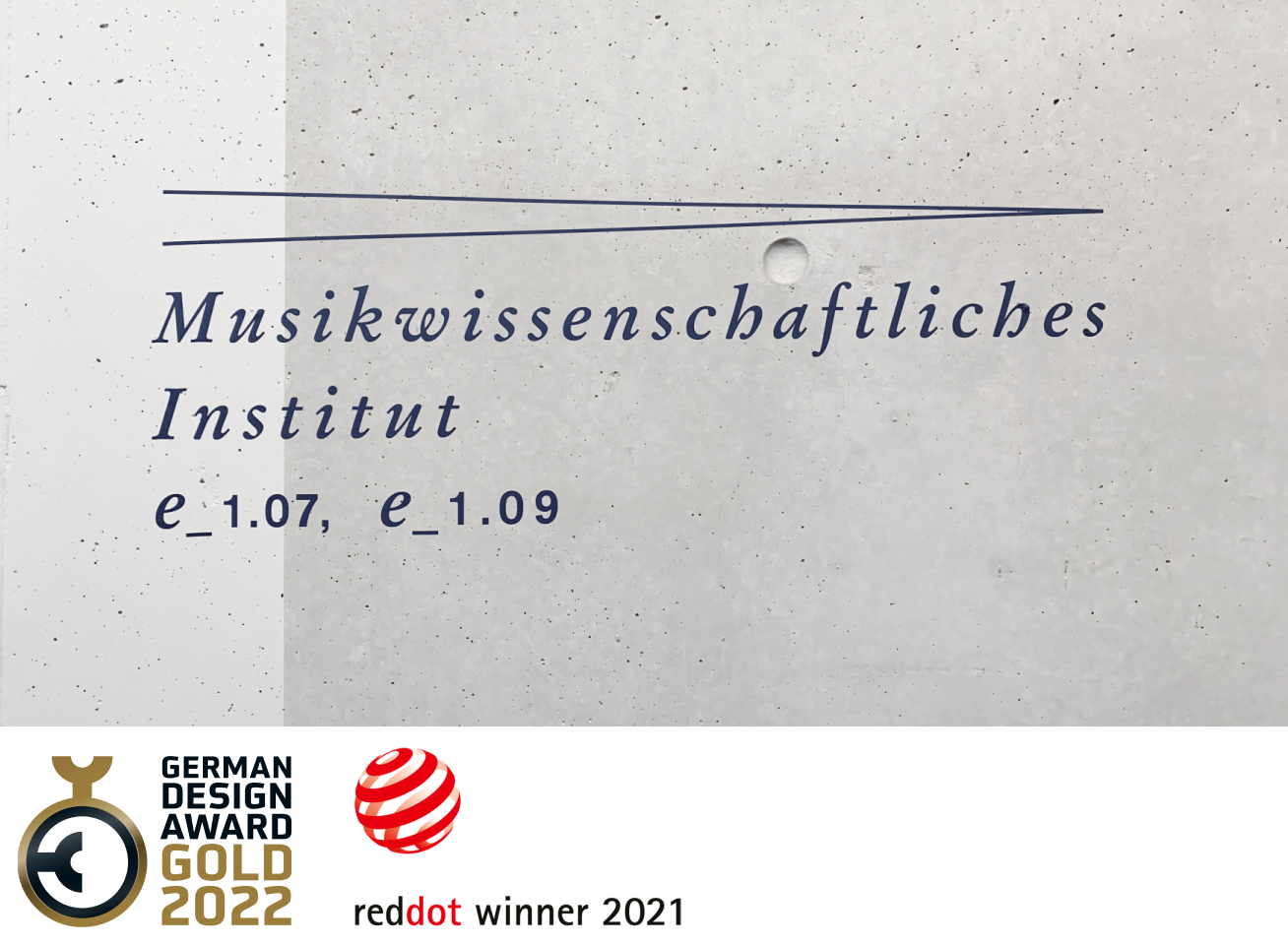A sun is a star at the center of a solar system that emits light and heat. It provides energy for life on Earth through photosynthesis and creates beautiful sunrises and sunsets.
The sun will continue to shine for about 5 billion years. As a stable main-sequence star, it will provide light, heat, and energy for many more generations to come.
The answer is: There is only one sun in our solar system. It provides light, warmth, and energy for all life on Earth. It's a fascinating and powerful star that continues to amaze scientists and astronomers with its mysteries.
The sun is important for humans because it provides us with essential vitamin D, boosts our mood, regulates our sleep patterns, and supports overall health and well-being.
Plants wouldn't be able to photosynthesize, leading to widespread extinction. Animals would struggle to survive, disrupting ecosystems. But fortunately, the sun will always be there to sustain life on Earth.


